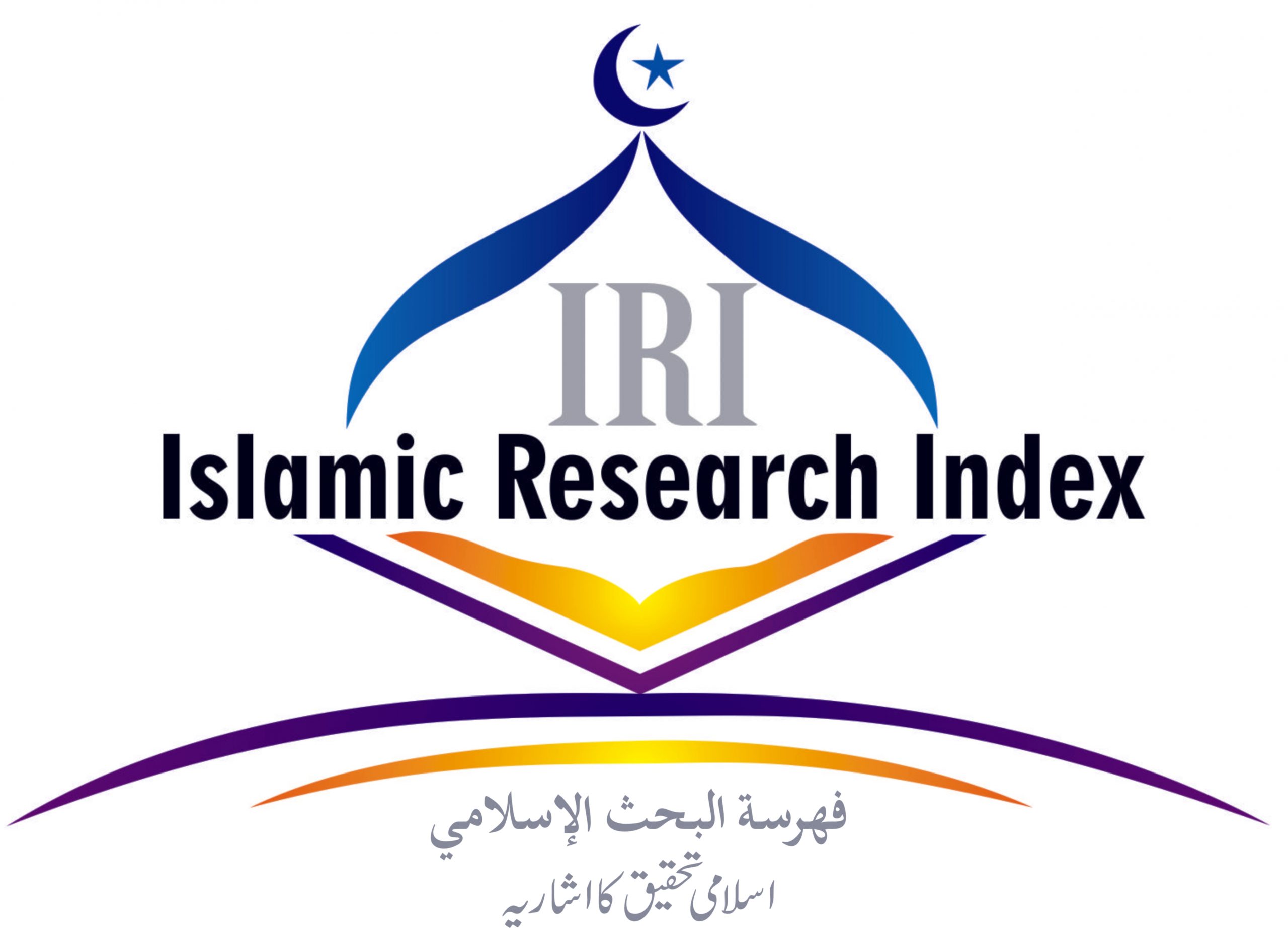Empowering Women: Navigating Islamic Rights and Cultural Hurdles in Pakistan
Abstract
Encouragement of Islam through the rearing of Muslim female children in Pakistan is impossible without fabulous exploration of Islamic rights and cultural obstacles. Islam, as a branch of knowledge based on the Qur'an and hadith, encourages the moral, social, security, economic rights of women. These rights, the first of their kind when they were released, the 7th century, the equal right and dignity of all humans before God were the focus of the women's revolution. According to the Quran, women and men are spiritually equal their success in the attainment of piety and righteousness. These rights find substantial space in different Muslim societies because of various cultural norms and traditional interpretations of Sharia. Women in Pakistan suffer from the patriarchal system deeply ingrained in societal norms that restricts their freedom and opportunities. Right from family dynamics and socialization to marriage and reproductive rights, the women face the very discrimination of the system. Violence against women, including honor killings, is still a widespread practice, justified by cultural norms rather than Islamic principles. Women's problems are of course one of the results of socio-economic problems. Even though the laws are in place, there is a lack of enforcement of those laws. A set of actions and operations are necessary to be implemented to find the best solution, which consists of legal changes, policy interference, and culture change. By way of teaching true Islam perspectives, women's rights lecturer, and upbringing to end harmful cultural practices, Pakistan will have enough potential for its female half, which is in its turn the key to the success of the whole country. A relationship between Islamic rights and cultural practices, told in the form of a comparison, can be examined in the areas of acceptability and separation. While Islamic religion and local customs put their stress on family relationships and community development, but they are diverse when it comes to women's rights, their legal and social status, and the gender role of men. The teachings of Islam in turn convey the messages of justice and equality, whereas cultural norms often create the situation by which women are forced in the position of a "gender hack" and not having freedom.



